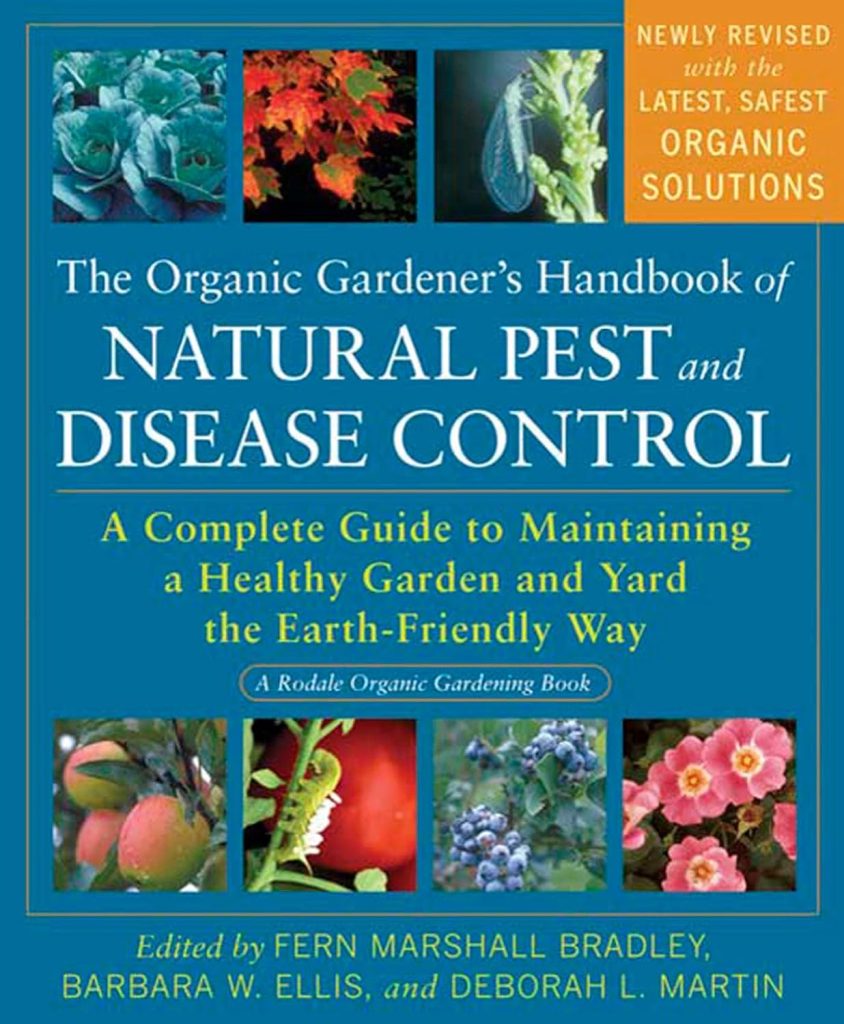Organic Pest Deterrents and Repellents
Organic pest control emphasizes using natural substances and techniques to deter or repel pests. These methods are often safer for the ecosystem and can be just as effective as conventional pesticides. By focusing on prevention and using non-toxic materials, gardeners can maintain healthy plants and soil.
Common Organic Pest Deterrents
1. Neem Oil
Neem oil is derived from the seeds of the neem tree. It is a powerful organic insecticide and fungicide, effective against a wide range of pests, including:
- Aphids
- Whiteflies
- Mealybugs
- Caterpillars
To use neem oil:
- Mix according to label instructions, typically 1-2 tablespoons per gallon of water.
- Spray on affected plants, ensuring thorough coverage.
2. Diatomaceous Earth
Diatomaceous earth is a fine powder made from fossilized algae. Suitable for organic pest control, it works by dehydrating insects and is effective against:
- Ants
- Slugs
- Beetles
- Fleas
Application tips:
- Dust the powder around the base of plants and on leaves.
- Reapply after rain or watering.
3. Garlic Spray
Garlic has natural repellent properties that make it an effective pest deterrent. A simple garlic spray can repel:
- Aphids
- Beetles
- Caterpillars
How to make and use:
- Blend 2 bulbs of garlic with 1 quart of water.
- Strain and dilute the mixture with an additional gallon of water.
- Spray on plants weekly or after rain.
4. Companion Planting
Companion planting involves growing certain plants together to deter pests. For example:
- Marigolds: Repel nematodes and whiteflies.
- Basil: Repels mosquitoes and flies, enhances the flavor of tomatoes.
- Chives: Keep aphids away from roses and other plants.
Homemade Organic Repellents
1. Soap Spray
A simple soap spray can effectively control soft-bodied insects like aphids and mites. To make and use:
- Mix 1-2 tablespoons of mild liquid soap with 1 quart of water.
- Spray directly onto pests and affected plants.
2. Hot Pepper Spray
Capsaicin, the compound that makes peppers hot, is a potent repellent for many pests. A hot pepper spray can deter:
- Ants
- Beetles
- Caterpillars
Preparation and application:
- Blend 1-2 hot peppers with 1 quart of water.
- Strain and add a few drops of dish soap to help the mixture adhere to plants.
- Spray on plants every few days or after rain.
Beneficial Insects
Introducing beneficial insects into your garden can naturally reduce pest populations. Some helpful insects for organic pest control include the following:
- Ladybugs: Feed on aphids, mites, and other soft-bodied insects.
- Lacewings: Larvae consume aphids, thrips, and caterpillars.
- Predatory Mites: Target spider mites and other harmful mites.
To attract and maintain beneficial insects:
- Plant a variety of flowers to provide nectar and pollen.
- Avoid broad-spectrum pesticides that can kill beneficial insects.
Physical Barriers
Physical barriers can prevent pests from reaching plants. Effective options include:
- Row Covers: Protect crops from insects and frost.
- Copper Tape: Repels slugs and snails when placed around garden beds.
- Netting: Prevents birds and larger insects from damaging plants.

